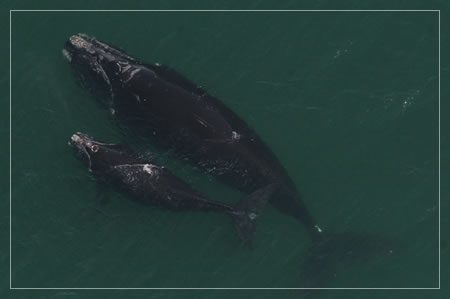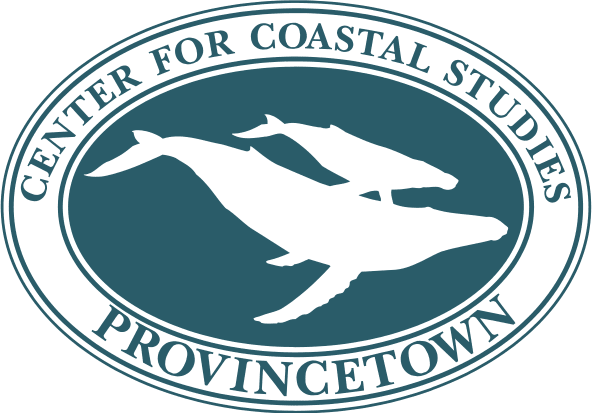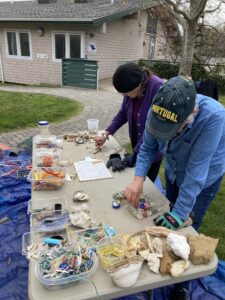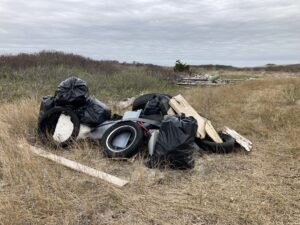Beach Cleanups
Beach Cleanups
The Center for Coastal Studies organizes volunteer beach cleanups in many communities on Cape Cod. Our cleanup efforts started in Provincetown, where we are based, but we recently began expanding our shoreline cleanup efforts throughout the rest of the Cape. We like to say, “We clean clean beaches!” because when compared to other parts of the world, our shores may appear spotless. In reality, most are littered with debris, and a closer look will yield countless small plastic pieces, lobster trap tags, bottle caps, balloon pieces and so much more.
Upcoming Beach Cleanups
- Sat, 4/20/24: Earth Day Beach Cleanup with Friends of the National Seashore. 1 – 2:30pm
- Mon, 4/22/24: Earth Day Beach Cleanup. 10am – 3pm
- Wed, 5/1/24: May Day Beach Cleanup. 10am – 12pm
Trash Tallies
Data about the debris are collected either during cleanups through the use of a data card or smart phone app, or later, at a “trash tally” after the cleanup. A trash tally involves dumping the collected trash out and then sorting, categorizing, and counting each piece of debris. This process illuminates the scope of trash collected and contributes detailed data on the number of bottle caps, straws, shotgun shells, etc. in our region. Here are some of the results from our most recent trash tallies.
Trash to Art
Over time, the Center has cultivated a network of artists who repurpose marine debris and derelict fishing gear to create art. It’s hard to say specifically what may catch their eye, but artists have been known to use rope, lobster bait bags, balloons, tampon applicators, and other colorful pieces of plastic in their work. To learn more about these artists, click here.
Beach Brigade
With more than 550 miles of beaches on Cape Cod, we can use all the help we can get in an effort to keep them clean and collect data on the debris. Our dedicated team of over 300 volunteers, called the Beach Brigade, contributes hours of time doing just that. Whether at a town beach in Provincetown, all the way across the breakwater, or in another location on Cape Cod, this committed group of volunteers is our first line of defense against marine debris. If you would like to become a “Brigadier”, please email Laura Ludwig ([email protected]) to receive bulletins about upcoming opportunities. We would love to have you on our team!
How Else to Help
Beyond joining the Beach Brigade, there are many other ways you can help keep our shorelines free from debris. Conduct your own cleanups, whether at a beach, park or roadway. Click to download a copy of our data sheet; bring it along on your next beach walk, then send the completed form to us and we’ll include it in our database, or download one of these apps and list CCS as your host organization: CleanSwell or NOAA’s Marine Debris Tracker. Educate yourself on the harmful impacts of plastics. Refuse to use single-use plastics in your daily routine — most of what we find during cleanups is plastic from everyday items like plastic wrap, cups, straws, food containers, etc. It’s going to take everyone to boot the use of single use plastics, but you won’t be alone in your efforts!

Our Work
Humpback Whale Research
Right Whale Research
Marine Animal Entanglement Response
Marine Geology Department
Water Quality Monitoring Program
Marine Fisheries Research
Seal Research
Shark Research
Marine Education
Interdisciplinary
Marine Debris and Plastics Program
Marine Policy Initiative
Cape Cod Climate Change Collaborative
Publications



